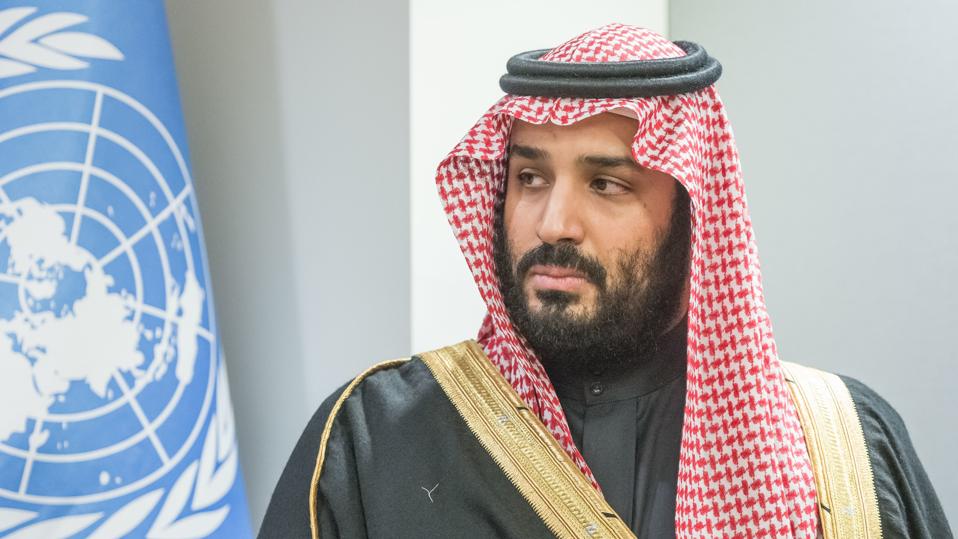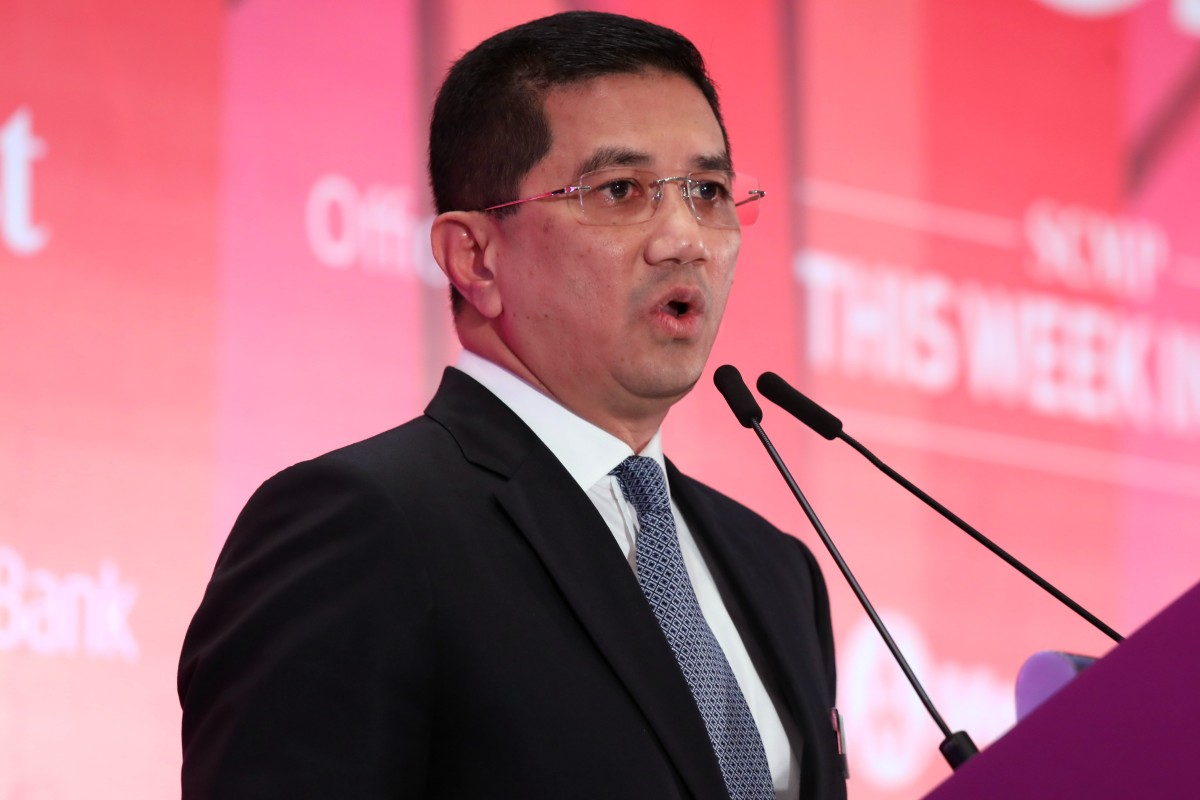
Published by EMIR Research, image from Forbes.
According to the spirit of governmental practices among Muslims, one must always be reluctant to take up leadership, because a real leader always understands the responsibility it entails and is humble enough to think there is yet a lot to be learned before becoming worthy. This has not been the case in the modern Muslim world, where people are often driven by their narrow elitist agenda or geopolitical considerations, and Muslim countries claim their place as first among others.
In fact, identity politics maintains its position in some parts of the world, therefore many would like to claim that the notion of ummah is not dead. The others, however, would ask in what sense? As a broad and amorphous religious-cultural umbrella for Muslims around the world, was it ever viable in the first place?
The institutional leader of the Muslim world and the second largest international organization – Organisation of Islamic Cooperation (OIC) – was founded in 1969 (as the Organisation of the Islamic Conference) as a response to the attack that happened in Al-Aqsa mosque in Jerusalem. For decades, the OIC has produced numerous resolutions on Palestine and other matters involving Muslims, but to little or no effect.
The largest international organisation – the United Nations (UN) – despite all criticisms, proved to be more effective, as it included the security enforcement mechanism – the Security Council, peacekeeping force and binding resolutions. Motivated by the necessity to maintain global peace after WWII, the UN as a successor to the League of Nations more or less managed to speak loudly and with reference to international norms and agreements, on the matters that concern peace and human rights in different parts of the world. OIC was not as galvanised into action.
Today, when our newsfeed is interspersed with the bad and worse news of crises worldwide, how does the OIC react? Roughly 60 per cent of the world conflicts happen in OIC countries and two-thirds of refugees originate from the same areas. Furthermore, some Muslim minorities in non-OIC countries have been facing prosecution with modest or no reaction from the OIC as a unified voice.
To name just a few questions about what, in fact, the OIC has been doing recently, one must refer to the Bangladeshi Prime Minister Sheikh Hasina who reiterated again at the 14th OIC meeting on May 31 that the Rohingya case must be referred to the International Criminal Court (ICJ). Bangladesh as an OIC member is coping with the influx of refugees, Myanmar as a non-OIC country not only fails but is unwilling to create conditions for Rohingya repatriation, and the OIC, same as ASEAN, remains a talk-only platform.
Another issue would be that very question of leadership. Some would still name Saudi Arabia a leader of the Muslim world, it being a caretaker of the pilgrimage sites and the origin of the prophet of Islam. Due to this perception, Muslims fall into this trap where “the more Arabic – the more Islamic” way of thinking is adopted. Of course, this trend would not have entrenched that deeply, unless generously sponsored through education and cultural ties, as well as by the sparkling image of superficially modernising monarchies of the Persian Gulf.
Since October 2018, not many within the OIC could articulate a proper demand for justice in Khashoggi’s murder. In fact, the UN 100-page report released on June 19, implicates the Saudi government as an instigator of the crime and alludes to the need to question Saudi Crown Prince Mohammad bin Salman (MBS) further.
However, instead of bringing MBS to account for the murder or addressing another pressing issue of the Muslim world – the situation with Uighurs in China – member countries watched the Saudi Crown Prince condone China’s discretion concerning its ‘anti-terrorism’ policies (that is how China speaks of its policy in Xinjiang) during the official visit to Beijing in February this year.
This silence is not so different in the case of Yemen where the Saudi-led coalition assaults non-combatants under the pretext of fighting the Houthi rebels supposedly supported by Iran. The war of several OIC members against another keeps raging, while others fail to put an end to it or voice any meaningful objection. Now, Donald Trump is looking for ways to bypass the congressional decision to ban the arms supply to Riyadh as the mastermind behind the death of Yemeni civilians under the pretext of ‘the Iranian threat’. Would he feel so comfortable, should there be a significant one-voice opposition from the rest of the Muslim world?
Again it is not OIC, but mostly the Western world that is currently discussing Mike Pompeo’s decision to leave Saudi Arabia off the US list of the countries that resort to the deployment of child soldiers (particularly, in Yemen). No wonder though, since the OIC was not able to effectively criticise the US unilateral decision on Jerusalem and the status of the Golan Heights, despite decades old UN resolutions; hence it can barely spearhead other relatively less important matters.
It is a fact that Malaysia slightly drifted away from the vision of the Saudi Kingdom as the ultimate leader of the ummah since the Pakatan Harapan government came to power. The Saudi-backed anti-terrorism centre in Putrajaya was shut down, and the PH government is trying to seem equally distanced from all Middle Eastern players. After all, economic concerns now call the shots in the overall Malaysian policy, thus making China and not the Muslim world the center of discussion. However, the habit of Malaysian Muslims looking up to the Saudis will not go away that fast.
At the same time, Malaysia apparently does not give up on its hope to play a significant role in the ummah, taking its Muslim majority population as a valuable asset and parading the successful experience of maintaining harmony in a multireligious multiethnic society – at least the way it looks to the outside world.
In 2003, at the end of Mahathir’s first term’s speech at OIC, the media negatively reacted to this “search for the the lowest common denominator” between Muslim countries, which was his “bashing of Israel”. 16 years later with Mahathir again at the helm, even that denominator does not appear to be common with some Middle Eastern players taking a more lenient stance towards Israel. Iranian president Hassan Rouhani stressed during the OIC emergency meeting in 2017: “the only reason why Trump dared to introduce unilateral changes to the status of Jerusalem was that some in the region tried to establish ties with Israel”.
Malaysia with Mahathir 2.0 maintains its staunch opposition to Israel, but it will take much more than that to claim that exemplary role among the Muslim nations. The perceived leader of the Muslim world being entangled in the crimes against humanity, and the inability of the members to speak on the matters of concern to Muslims in a meaningful way or hold its own members accountable – all these will take more than the lowest denominator; not just exemplary leadership, but a well-thought system of institutions that correspond to common values and interests. The abstract Muslim ummah does not have this degree of self-organisation these days, so maybe Malaysia can at least call for the need to rethink it all.
Julia Roknifard is Director of Foreign Policy at EMIR Research, an independent think-tank focused on strategic policy recommendations based upon rigorous research.

